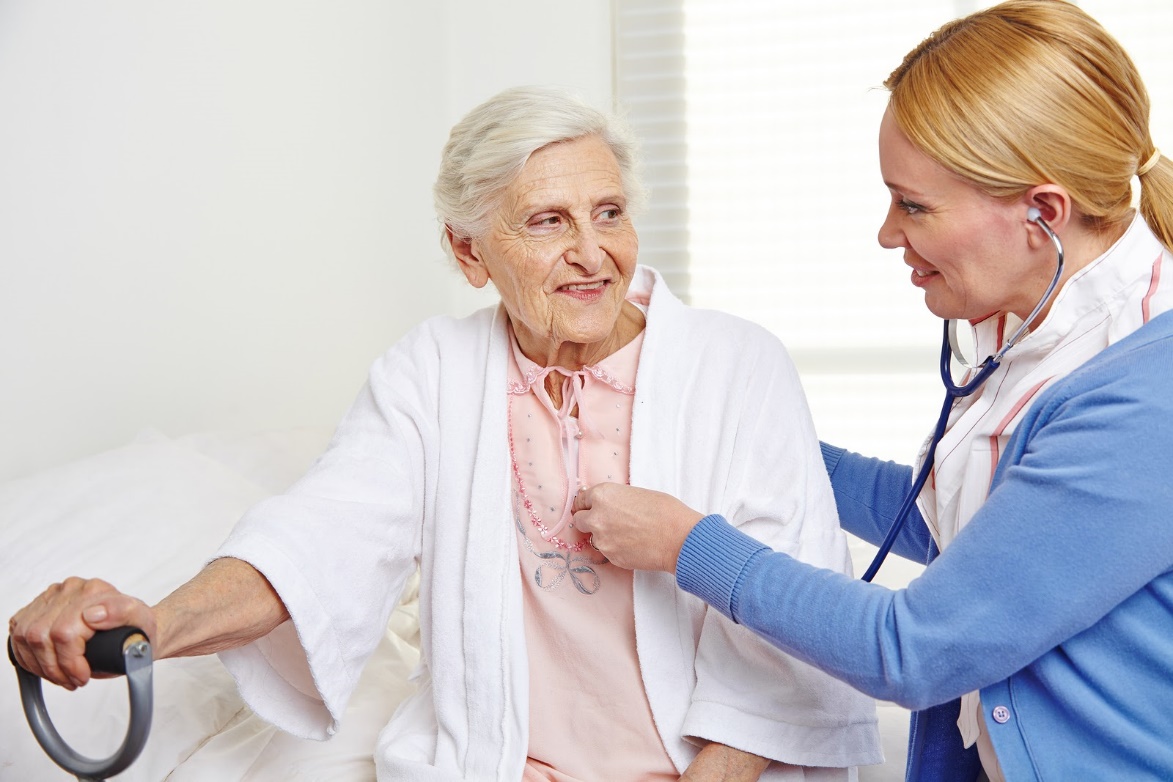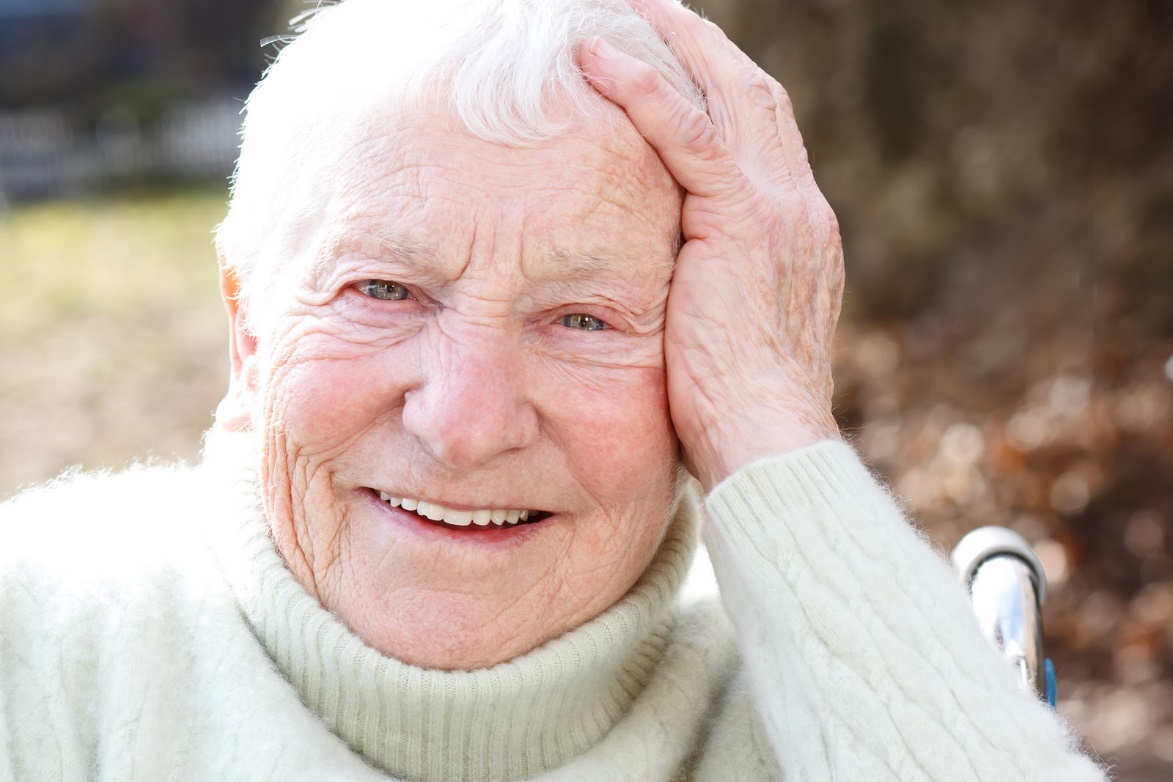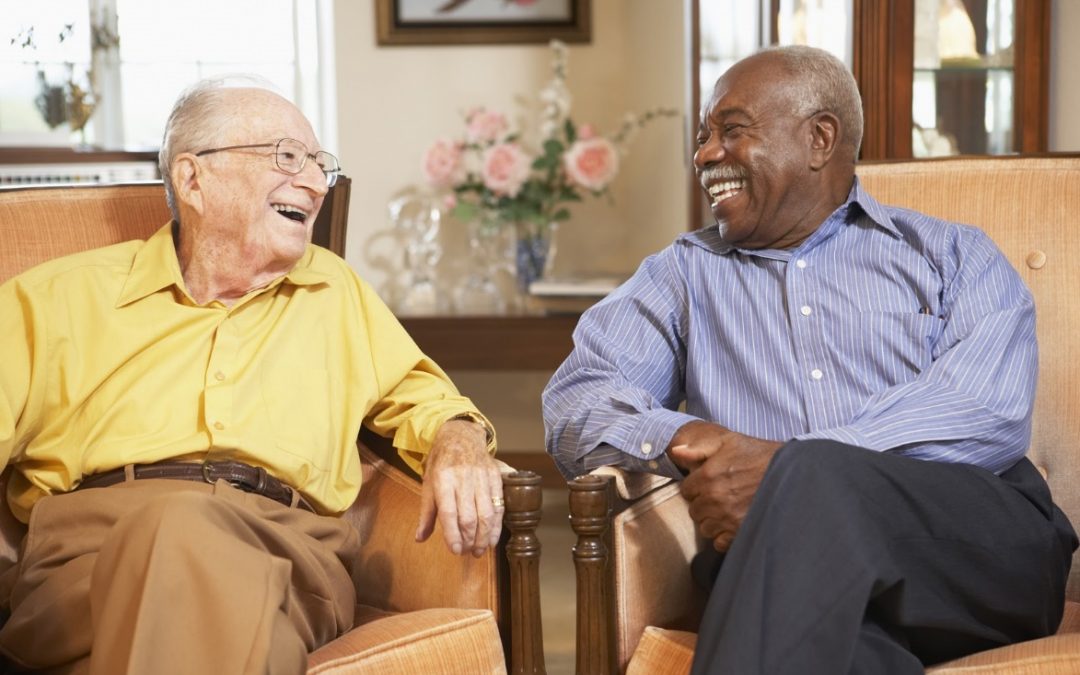For many people, advanced age brings a decline in health. It is common for seniors to suffer from conditions such as joint pain caused by arthritis, anxiety and depression, and muscle tremors caused by Parkinson’s disease. Medical Cannabis can help to alleviate these and other health conditions commonly seen in the older folks. But is medical marijuana permitted in nursing homes, where many of our nation’s sickest seniors reside?

Can Nursing Home Residents Use Medical Marijuana?
Thanks to advancements in medical technology, Americans are leading longer lives. According to the Institute on Aging (IOA), over 40 million Americans were age 65 or older as of 2010: about 13% of the national population, which was 309 million people at the time. By 2030, that figure is expected to climb to 20%, which means nursing home and assisted living populations will continue to swell for at least the next decade.
Not only are seniors living longer, and accounting for a larger percentage of the U.S. population – they’re also becoming bigger consumers of Cannabis. According to a study on demographic trends in marijuana use that was published less than a year ago, “The prevalence of past-year [C]annabis use among adults aged ≥ 50 increased significantly from 2006/07 to 2012/13, with a 57.8% relative increase for adults aged 50-64… and a 250% relative increase for those aged ≥ 65.”
These numbers aren’t particularly surprising, since there are numerous medical reasons for older adults to use Cannabis. Cannabis generally provides safe and fast-acting relief for seniors who suffer from joint pain, neuropathic pain, muscle wasting, appetite loss, and can even help seniors with cognitive impairments (such as dementia or Alzheimer’s disease).
Unfortunately, it’s impossible to give you a concrete answer as to whether your mom or dad’s nursing home will allow him or her to use medical marijuana, and if so, to what extent the facility will provide assistance. Every long-term care facility (LTCF) implements its own policies, which inevitably means that some LTCFs are more relaxed about Cannabis use among residents than others.
For example, in February the New York Times published an article about a New York LTCF called the Hebrew Home at Riverdale, which “is taking the unusual step of helping its residents use medical marijuana.”
“While the staff will not store or administer pot,” the article explained, “residents are allowed to buy it from a dispensary, keep it in locked boxes in their rooms and take it on their own.”
The article also noted that in Washington state, “at least a dozen assisted living facilities have formal medical marijuana policies in response to demands from their residents.”
However, not all facilities are so lenient. As the article pointed out, many nursing homes, which are regulated by the federal government, receive funding through Medicaid and Medicare in return for complying with certain federal standards and laws. In these facilities, there’s a concern that defying federal law by permitting the use of medical Cannabis could result in funds being cut off. Assisted living communities are not federally regulated, which lowers barriers to access; but on the other hand, assisted living populations tend to be younger and healthier than nursing home populations, which means seniors in assisted living also have less need for access.
State law may also be a factor. While individual facilities may prohibit use of Cannabis on the premises, new regulation by the Department of Public Health (DPH), which oversees the Massachusetts medical marijuana program, permit staff members at LTCFs to act as “personal caregivers,” meaning someone, other than a nursing home resident’s personal physician, “who has agreed to assist with a registered qualifying patient’s medical use of marijuana.” To quote a DPH memorandum issued in May, “An employee of a hospice provider, nursing, or medical facility… may serve as a personal caregiver” in Massachusetts.
In other words, DPH regulations allow employees to help residents use marijuana – but the nursing homes themselves might have anti-Cannabis policies.
DPH regulations authorize personal caregivers to:
- Purchase Cannabis from marijuana dispensaries to bring to patients.
- Prepare marijuana for use by the patient/administer Cannabis to the patient.
- Transport patients to and from dispensaries.
Since many nursing home residents have impaired motor skills due to Parkinson’s disease, or mobility issues stemming from severe pain and/or stiffness, assistance from personal caregivers is often crucial.
It’s unclear just how many nursing home residents actually use, or qualify to use, medical Cannabis in Massachusetts. According to an October 2015 report issued by the National Long-Term Care Ombudsman Resource Center, “About 24,000 [people] have been determined to be qualified, but it is unclear how many of those are residents of LTC facilities. We have had some residents request to use, but surprisingly few. The facilities and the doctors covering are reluctant citing the fact that it is still illegal under federal law (despite the opinion that the feds are not likely to do anything). There have not been any materials yet regarding its use.”

Ask a Marijuana Doctor About Cannabis for Your Elderly Mom or Dad
If your elderly mother or father is struggling to manage joint pain, muscle stiffness, nausea and appetite loss, or other debilitating health conditions, consider talking to him or her about medical marijuana for pain relief. Seniors are one of the fastest-growing patient demographics, and many benefit tremendously from daily or even weekly use.
For example, 72-year-old grandmother Anita Mataraso, who suffers from nerve pain and arthritis, told the New York Times, “I would be in a lot worse shape if I wasn’t using [C]annabis, both physically and mentally.” Daniel Reingold, whose father passed away from cancer during the late nineties, said, “The only relief he got in those last two weeks was the tea,” referring to tea Reingold prepared using Cannabis. And 98-year-old Ruth Brunn, who was diagnosed with neuropathy, said, “I don’t feel high or stoned. All I know is I feel better when I take this.”
To learn more about how seniors can benefit from medical Cannabis, contact Inhale MD at (617) 477-8886 for a confidential consultation. With offices in Brookline and Cambridge, in addition to secure online consultations, our practice serves Massachusetts residents statewide.

